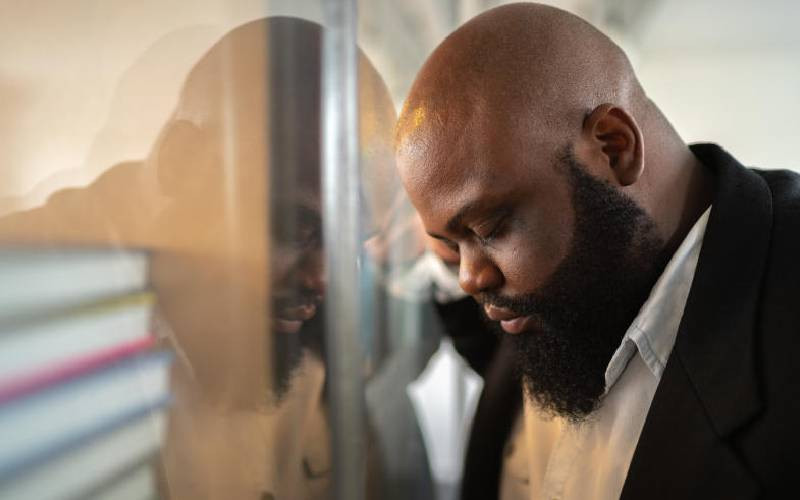
June is the men mental health awareness month, providing us with a chance to discuss and analyse the barriers towards health seeking among men.
Social culturally the onus is on the male gender to lead, provide, protect and more. yet in the midst of all these expectations and pressure, the society doesn’t expect any semblance of vulnerability.
Men are generally brought up with lots of masculine hype, and this contributes to the prevailing stigma towards seeking mental health services, since this is considered a sign of weakness or reduced male virility. Growing up boys are told to ‘man up’ whenever facing a tough situation. It’s not rare also to hear statement like ‘be a man about it’ whenever one tries to express a tough moment one is going through a challenge.
Ostensibly, all this is meant to raise emotionally self-reliant, strong and dependable men, but unfortunately this seems to be backfiring with studies showing that men are sinking deeper into preventable and manageable mental health issues.
This erroneous belief that expressing one’s vulnerability, fears, stressors and worries is a feminine characteristic, has many men shying away from mental and psychosocial wellness services providers.
The current economic downturn, political upheavals, unemployment, rising cost of living and civil strife especially post Covid-19 pandemic, has left many men grappling with lost jobs, collapsing businesses and inability to play the provision role that men are generally expected to be in the fore front of.




This has many men grappling with depression, anxiety and substance abuse disorders. Substance abuse is adopted as a coping mechanism when men are going through a rough patch but this can lead to other problems like addiction, or even exacerbating already underlying mental health issues. Men are afraid of negative repercussions, including being judged, losing respect, or being mocked in case they disclose mental health problems.
This apprehension of being seen as less masculine or failing in the role of protector and provider exacerbates their reluctance to seek assistance.
There is minimal awareness of mental health issues and the benefits of therapy among many men. They are unfamiliar with how therapy would take place or how it could be useful for them and are therefore less likely to seek professional help even when in need.
A number of strategies can be employed to remedy the situation though and eventually improve health seeking behavior among men. Components like challenging traditional societal norms and male roles can help reconceive assumptions such as linking masculinity with suppressing feelings eventually helping establish a cultural environment in which men can safely express vulnerability.
Public awareness campaigns to counteract harmful myths regarding mental health and masculinity are needed. These campaigns need to focus on the facts, be compassionate, and make sure that asking for help is a demonstration of strength, not weakness. Community based interventions and leveraging on aspects like music, sports and other popular cultural aspects can help turn the tide.
The writer is a licensed psychologist/psychiatrist/clinical officer and lecturer KMTC Meru Campus